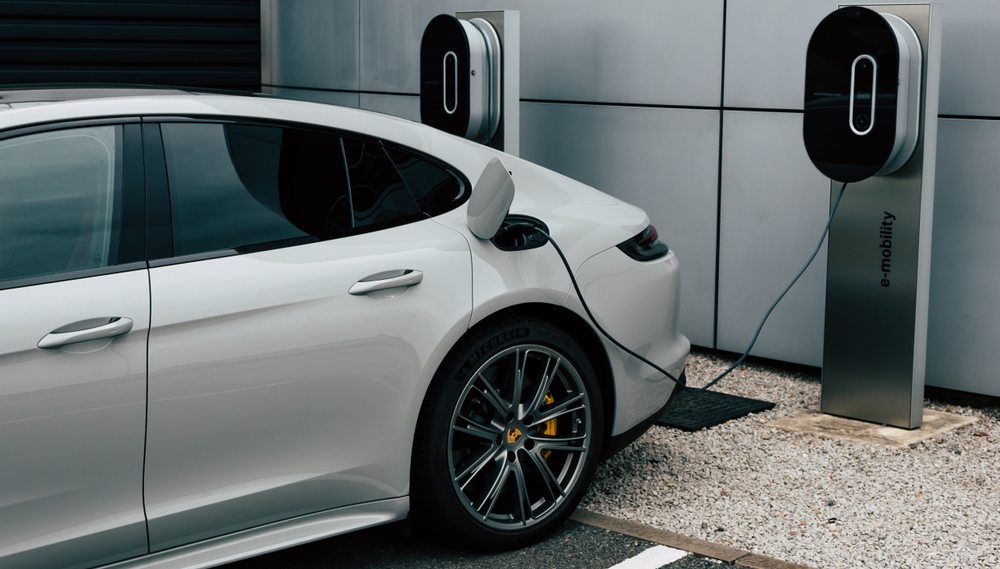
If the British government takes proactive steps to make electric vehicles (EVs) more affordable, lower incomes households could save approximately $449.3 million annually, averaging between $3,851 and $6,418 per household over the lifetime of the vehicle.
The savings would come in deduced maintenance costs and fuel.
The estimates were published in two recently released reports by Green Alliance, a UK think-tank and charity, and the Environmental Defense Fund Europe (EDFE), an international nonprofit organization creating solutions for serious environmental problems. The reports were in conjunction with Frontier Economics and Element Energy.
From 2015-2017, the lowest two income levels comprised 4 percent of EV owners compared to 20 percent in the top income tier.
Lack of financing options and higher upfront costs are significant barriers to EV ownership. In addition, only 2.3 percent of used cars were ultra-low emission vehicles.
The British government can take four steps to close the affordability gap, according to the report: End the sales of new conventional vehicles by 2030 and introduce a zero emissions vehicle mandate, extend to 2025 and update the plug-in grant, expand loan and rebate programs geared at making EVs more accessible, and strengthen programs that certify car dealerships have the necessary knowledge to sell EVs.